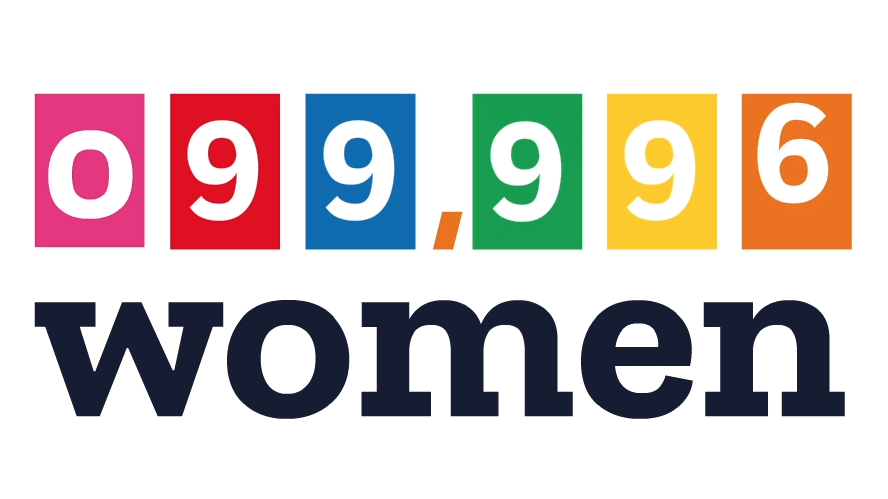Levelling the Playing Field: What Women Entrepreneurs Want
First hand evidence from women entrepreneurs around the world about the challenges they face and what they think the solutions might be.

This research was published following the World Economic Forum’s findings that women’s economic empowerment is worsening – its 2020 Gender Gap Report estimates that closing the gender gap in economic participation and opportunity is now 257 years away, 55 years longer than in 2019. We wanted to find out what women business owners want and need, so published research on the motivations and experiences of women entrepreneurs living and working in low and middle income countries, gleaned from surveying applicants to and participants in our Mentoring Women in Business programme.
This report, its findings and its recommendations form part of our 100,000 Women Campaign‘s commitment to creating a more enabling global ecosystem for women entrepreneurs. In addition to research and advocacy work such as this, the Campaign will see us directly support over 100,000 more women entrepreneurs in low and middle income countries by the end of 2022, empowering them to create a better future for themselves, their families, their communities and the world.
Key Findings
This report finds that women report lack of access to finance as by far the largest obstacle to entrepreneurship. Finding and retaining customers came second. Of the women entrepreneurs who did manage to access finance, almost three quarters received it from friends and family.
Nearly two thirds of the women surveyed had experienced some kind of negative stereotype around female entrepreneurs – mainly that women should prioritise motherhood and domestic duties. Over a third have faced the stereotype that ‘women are not assertive enough to be successful entrepreneurs’, and almost a third have been confronted with the idea that ‘men are more ambitious than women and therefore their businesses are more successful’.
A critically important finding is that women entrepreneurs are often unaware of the discrimination they face: while a recent World Bank report shows that only six countries have complete economic equality in the eyes of the law, a huge majority of women surveyed (85%) were unaware that most countries have some legal obstacles to women’s full participation in the economy. Evidence suggests that the best way to challenge social norms is to support women’s economic empowerment and strengthen community based women’s rights organisations.
Asked what change would have the most impact on women entrepreneurs, 42% of the women said ‘more opportunities for funding and investment for women’s businesses’. Those surveyed also want more access to networks of female entrepreneurs (21%) and better access to education and training (19.9%).
Key Recommendations
- Financial institutions should ensure their practices are not excluding women entrepreneurs.
- Banks and other financial institutions should support initiatives to improve women entrepreneurs’ understanding of the finance available to them and how to access it.
- Banks need to understand how the requirements they place on those applying for loans discriminate against women and change them.
- Digital financial providers need to ensure that the algorithms that decide who can access their services and who gets loans do not reflect historic bias around women and money.
- Governments need to remove legal and regulatory obstacles that make it harder for women entrepreneurs to succeed.
- The World Bank should review its Doing Business Index methodology to do more to capture and acknowledge the vast differences in how easy it is to do business for women compared to men.
- Greater investment is needed in skills training for women entrepreneurs and in initiatives that provide them with low cost access to networks and enable them to work together to challenge social norms and advocate for change.
- Through our own programmes we will create role models and networks to share the successes of our participants not only amongst fellow aspiring women entrepreneurs, but more widely to support the building of an inspiring ecosystem.
Be part of the change
Since 2008, we’ve directly supported over 175,000 women through our programmes to grow and strengthen their businesses, and in turn support their families and communities. We’re also making strides through our advocacy work to change the global landscape for the better so women entrepreneurs everywhere can thrive well into the future. You can be part of this fantastic change: join our 100,000 Women Campaign as a partner, ally or supporter today.
Donate now